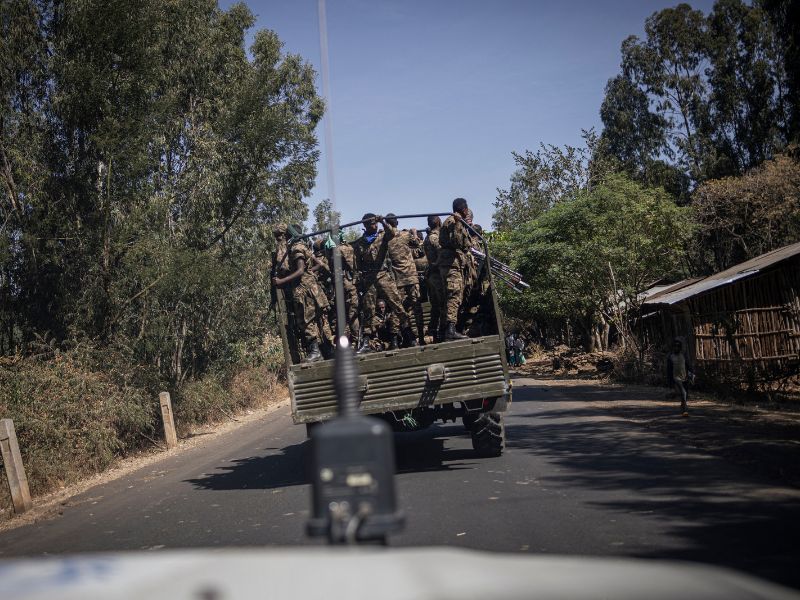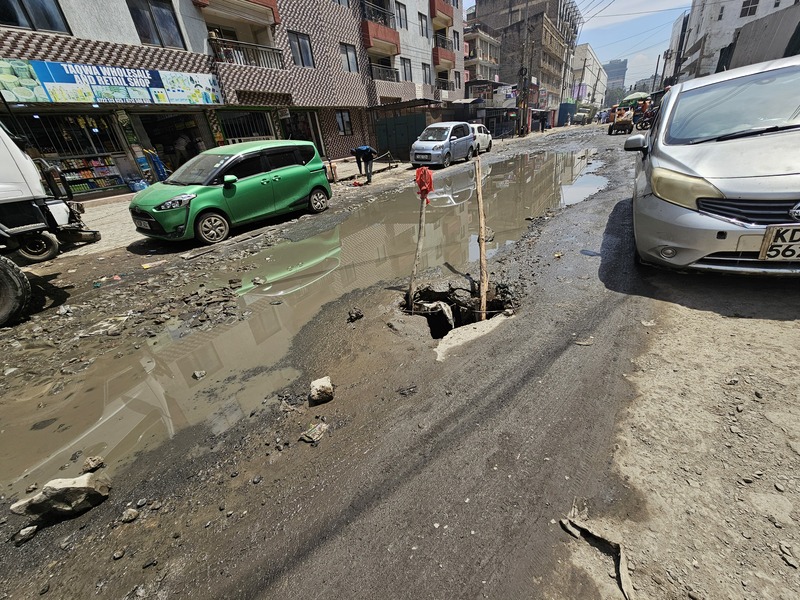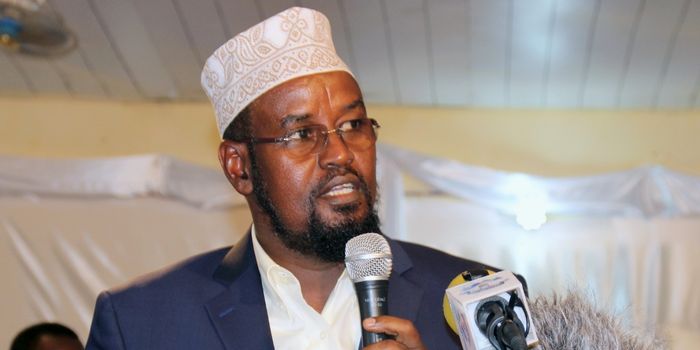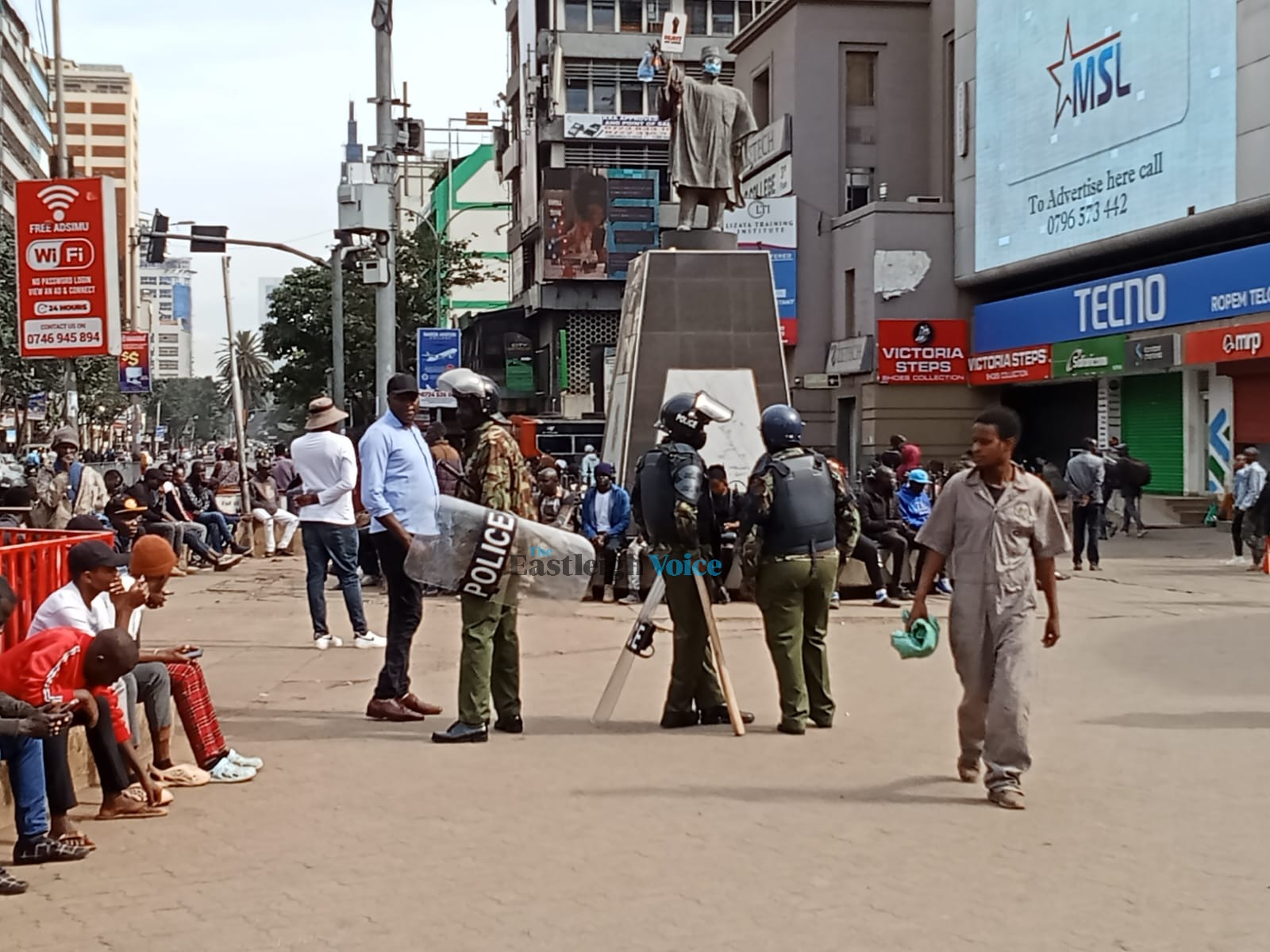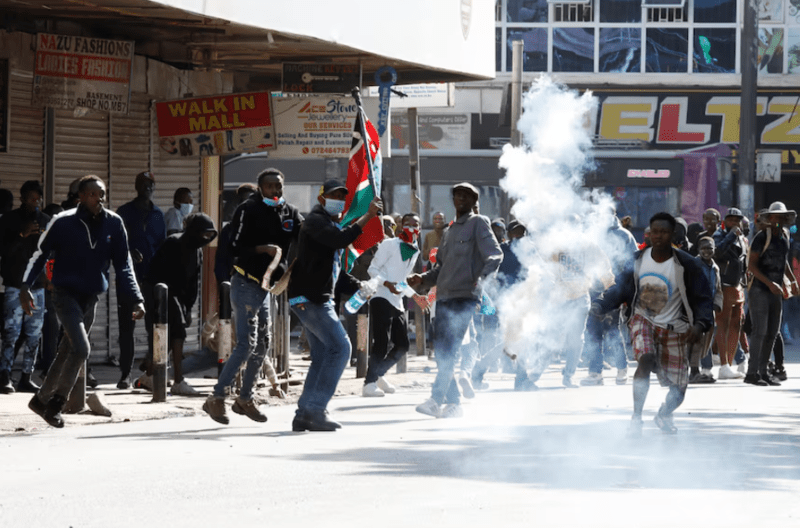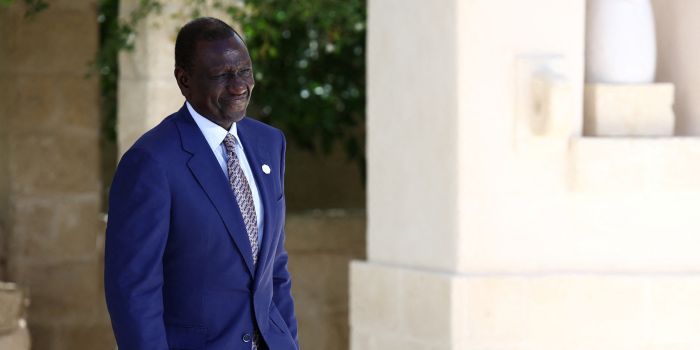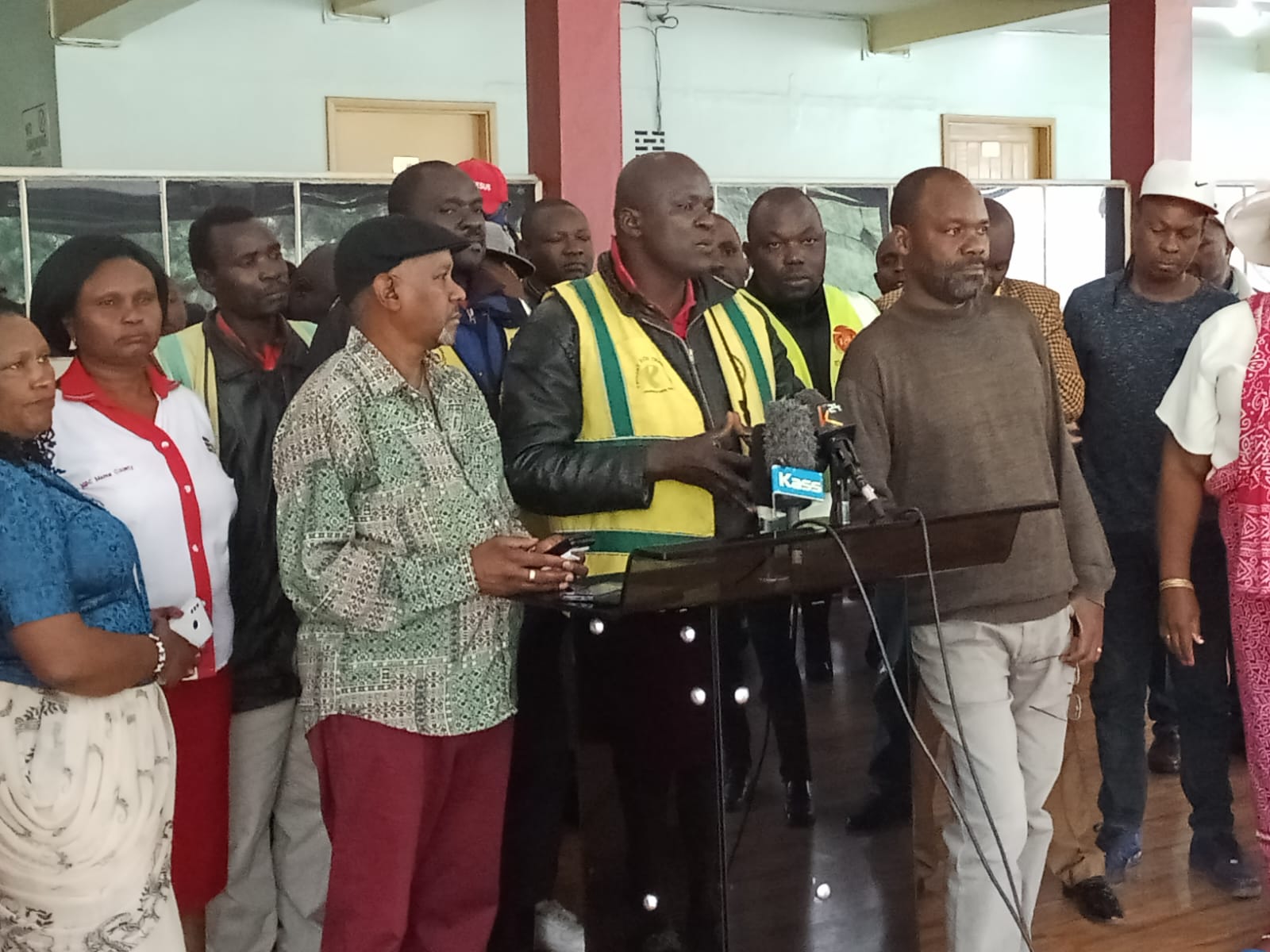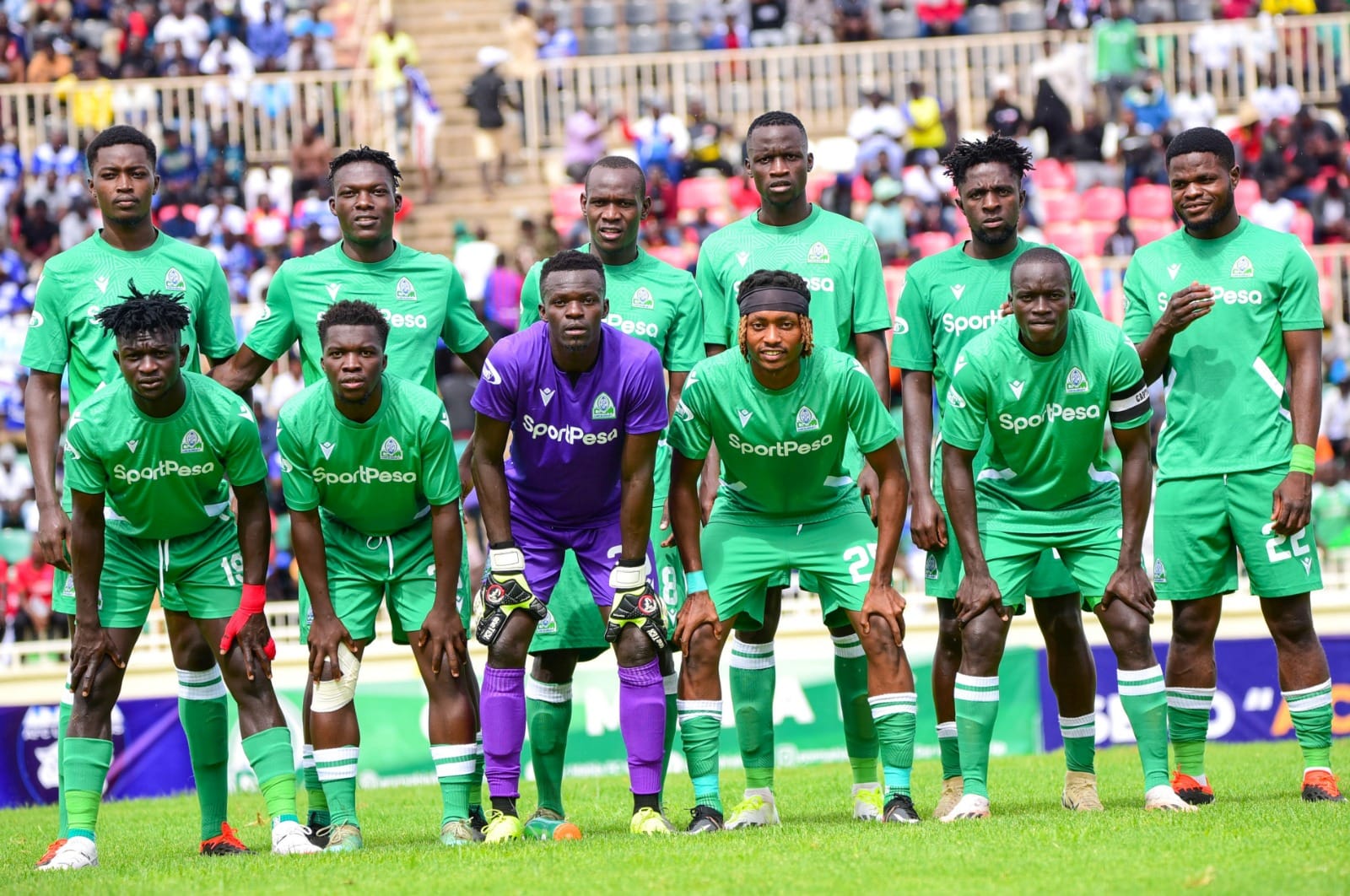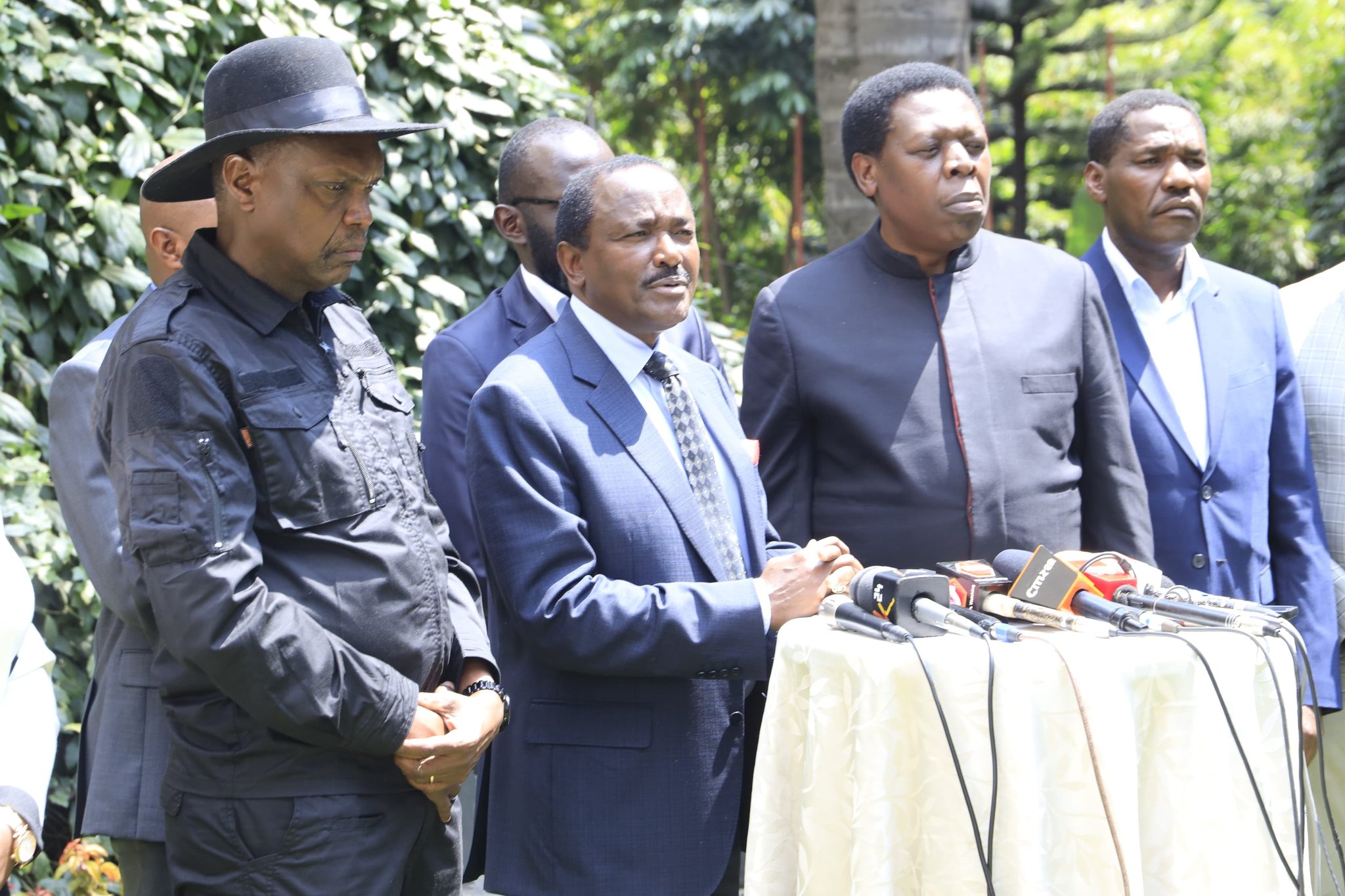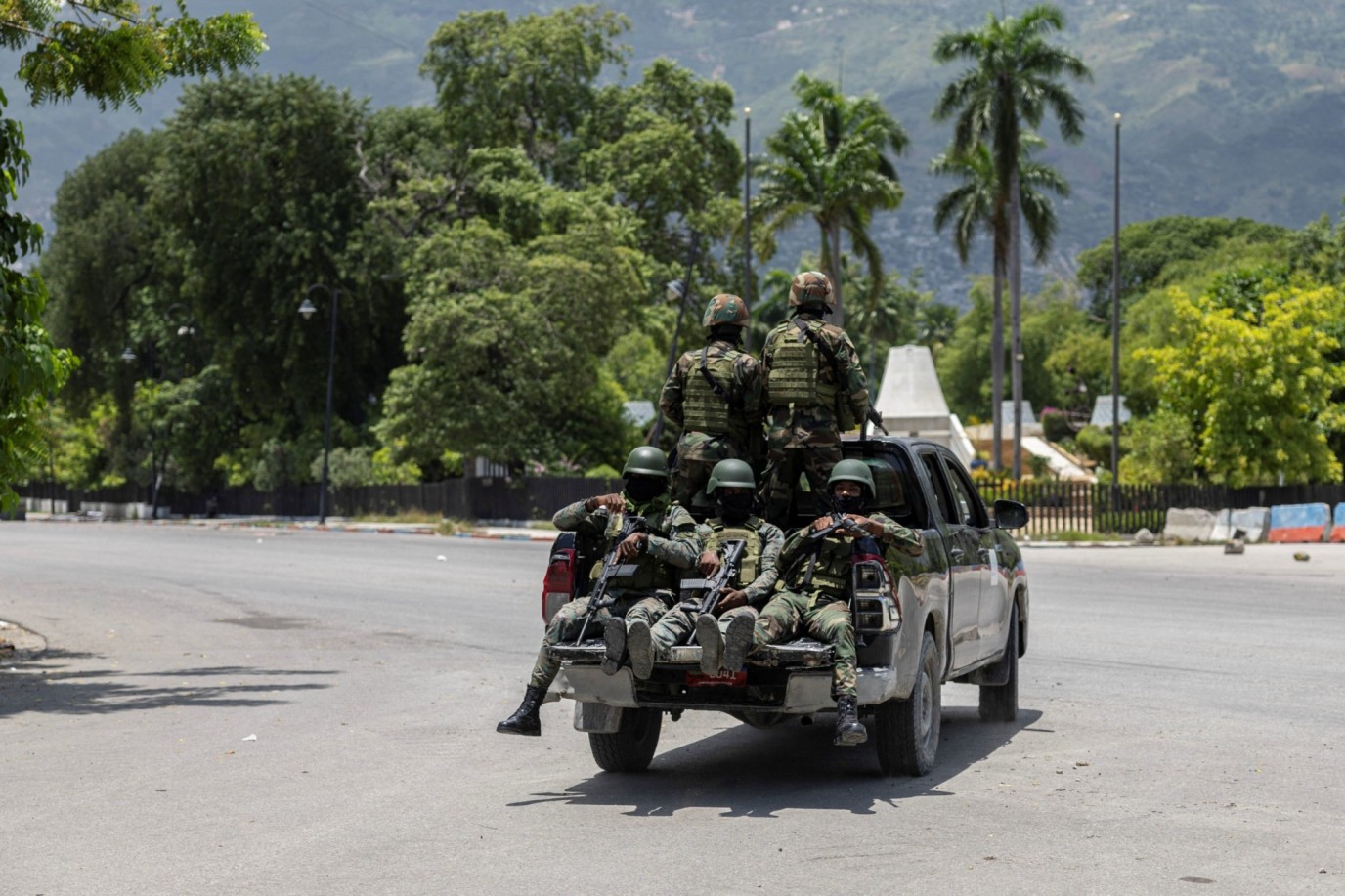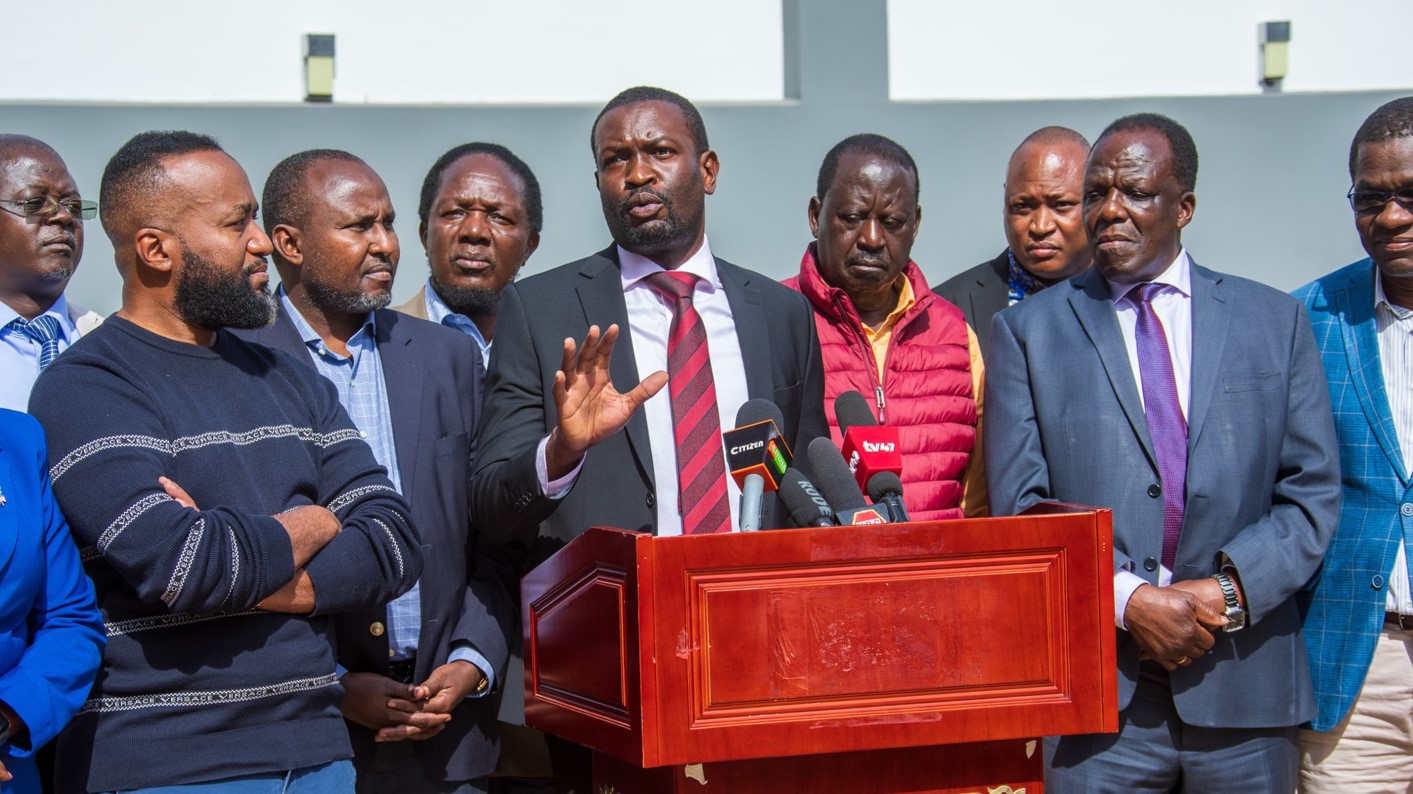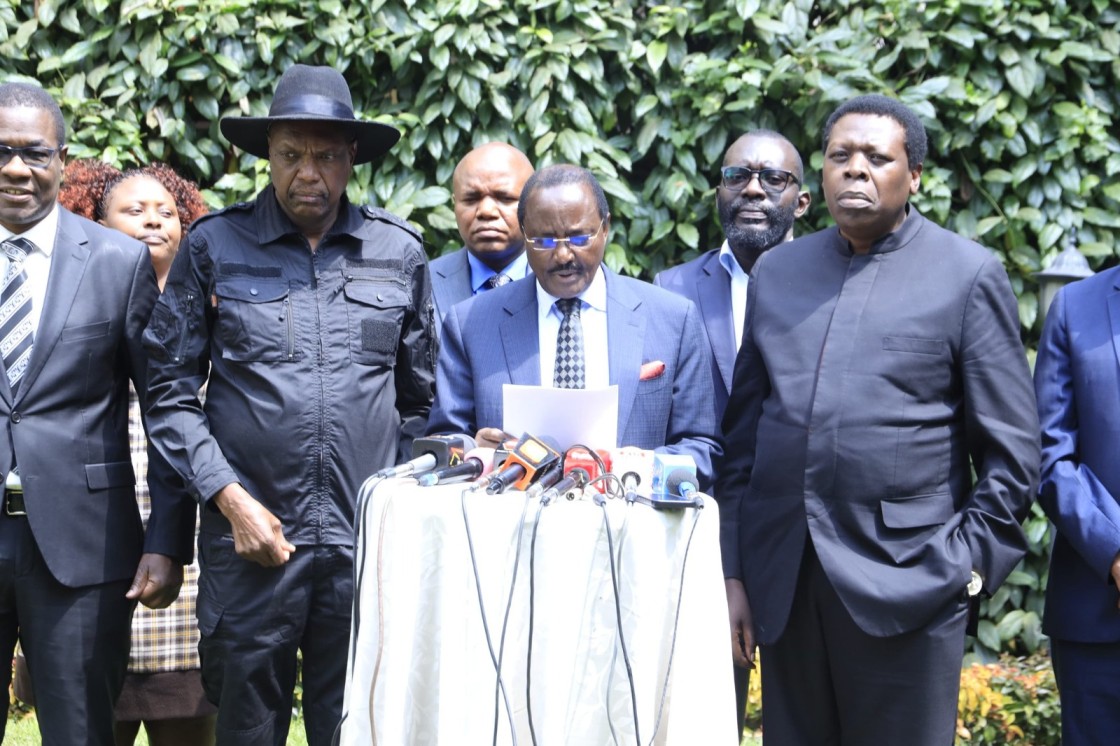Key timelines in Haiti's turbulent history
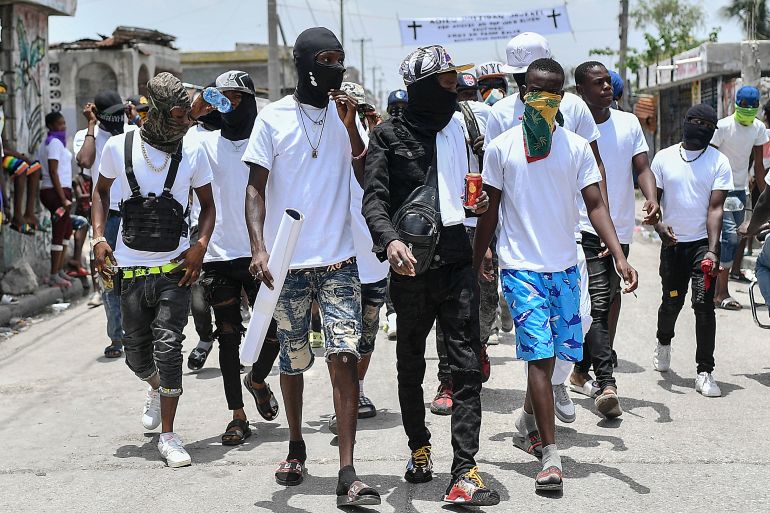
By Mercy Asamba |
Haiti, a Caribbean nation plagued by gang violence, has appealed for international help, which Kenya has offered, but a court ruling now stands in the way.
The United Nations on January 25 reported that more than 8,400 people were victims of gang violence in Haiti last year, including killings, injuries and kidnappings – a 122 per cent increase over 2022. The UN report also stated that homicides in that country more than doubled in 2023 to nearly 4,800.
Keep reading
The insecurity in Haiti worsened following the assassination of President Jovenel Moise on July 7, 2021, at his private residence in the capital, Port-au-Prince, four years after he took over as the 43rd leader. No election has taken place ever since and the presidency remains vacant, with Prime Minister Ariel Henry currently serving as the acting President.
The PM made the appeal for help for the Haitian National Police in combating the gangs that have been taking over parts of the country and unleashed violence on residents, leaving the economy and the public health system in tatters.
Following his call for assistance, the UN Security Council last October authorised the deployment of a multinational security support mission to back Haiti’s police force.
Kenya offered to lead the mission to help but High Court Judge Enock Chacha ruled that the deployment was illegal. Kenya's 1,000 officers were to be supplemented by the Bahamas, Jamaica, and Antigua and Barbuda.
Last Friday, President Ruto’s government vowed to challenge the ruling, saying it respects the law but is committed to its international obligations. Additionally, UN Secretary-General Antonio Guterres said the need for the force is "extremely high" despite the court decision and Human Rights Watch voiced a similar call for urgency, as reported by AFP.
As the court process continues, the fact remains that Haiti is suffering. Here are key timelines in the country's turbulent history:
1914: President Oreste Zamor takes over power and is overthrown by Joseph Davilmar Théodore
1915: President Théodore resigns and is succeeded by Vilbrun Guillaume Sam. Sam executed 167 political prisoners (including the previous president, Zamor) who were being held in the Port-au-Prince jail. The same year President Sam sought refuge in the French Embassy. He was found, dragged out to the street and murdered. Following this, the US invaded the country following unrest that it thought endangered its property and investments in the country.
1934: US withdraws troops from Haiti, but maintains fiscal control until 1947.
1935: A new constitution is released, reinforcing the authority of the executive arm of government. President Sténio Vincent takes over power.
1957: Francois “Papa Doc” Duvalier is inaugurated as president. He united the black majority against the mulatto elite. Mulatto is a racial classification to refer to people of mixed African and European ancestry.
1971: Duvalier dies and his 19-year-old son Jean-Claude “Baby Doc” succeeds him. He later fled to France in 1986 amid a popular uprising. A military junta assumes power under Gen. Henri Namphy.
1990: Populist priest Father Jean-Bertrand Aristide wins a presidential election. It is the first free and peaceful poll in the country. But he is overthrown a year later by the military.
1994: US troops arrive to restore democracy and Aristide returns.
2004: President Aristide leaves Haiti again amid a rebellion. US Marines restore order and a UN stabilisation force is put in place.
2010: A magnitude 7.0 earthquake devastates Haiti, killing over 200,000 people.
2016: Hurricane Matthew kills hundreds and destroys thousands of homes.
2017: Businessman Jovenel Moïse becomes president of Haiti before he is killed in 2021. His assassination plunges the country into more violence. UN peacekeeping troops who were deployed in 2004 left in 2017 and were replaced by UN police, who left in 2019.
Oct 2, 2023: UN Security Council votes to authorise a foreign security mission to intervene in Haiti, a year after Haiti sought help.
Oct 3, 2023: President Ruto welcomes the move by the UN Security Council authorising a foreign security mission to intervene in Haiti.
Nov 16, 2023: Kenyan lawmakers vote to support a request to deploy police officers to Haiti.
January 26, 2024: Kenyan court rules against government's plan to deploy police officers to the troubled nation.
Haiti's Foreign minister Jean Victor Geneus has also pleaded for the deployment of police forces to be accelerated. According to AFP, he told the UN Security Council that gang violence in the country was as barbaric as the horrors experienced in war zones.
"The Haitian people cannot take any more. I hope this time is the last time I will speak before the deployment of a multinational force to support our security forces," Geneus told the council.
In his appeal, Guterres said, "We need urgent action, we need urgent funding, and we hope that member states will continue to do their part."
HRW's Executive Director Tirana Hassan said the lives of millions of Haitians were in danger.
"Haitians need international assistance now more than ever," he said.
Haiti's government said Sunday it remains hopeful for a "swift and positive outcome," despite Kenya's court ruling.





